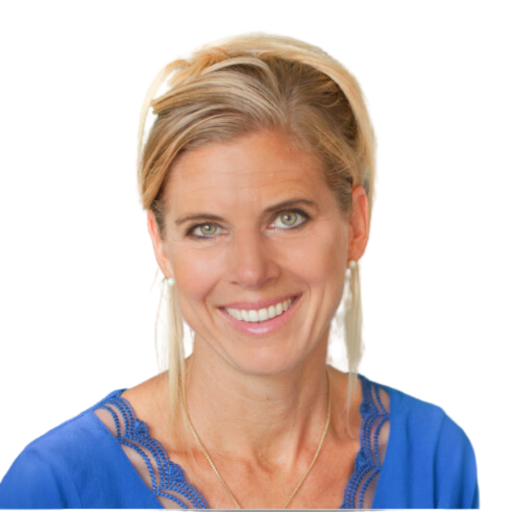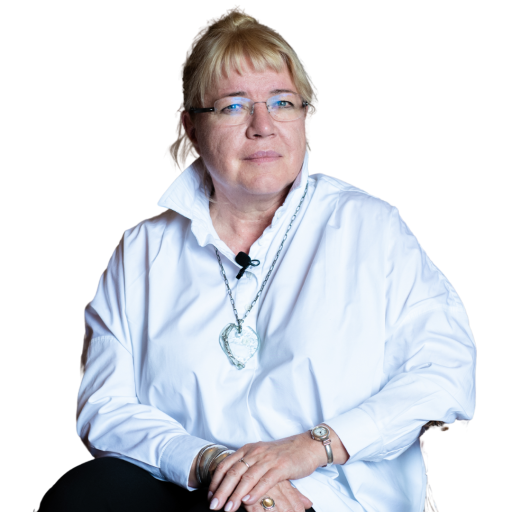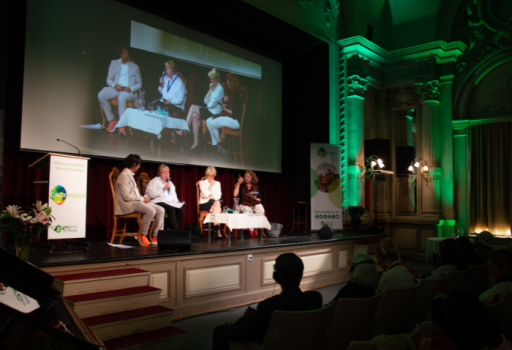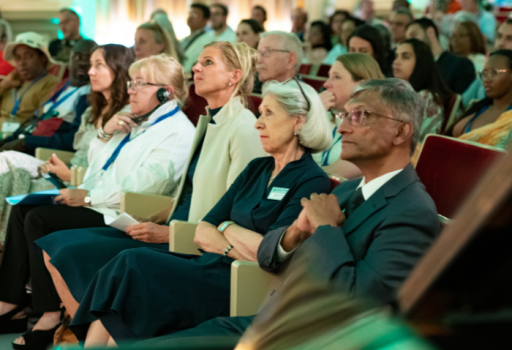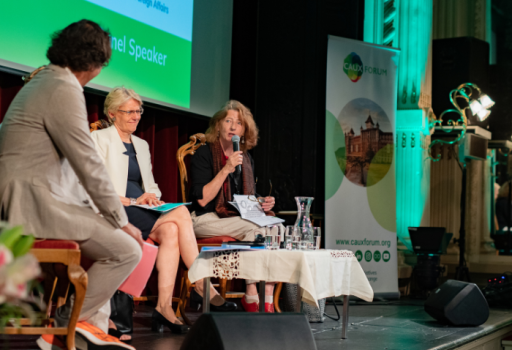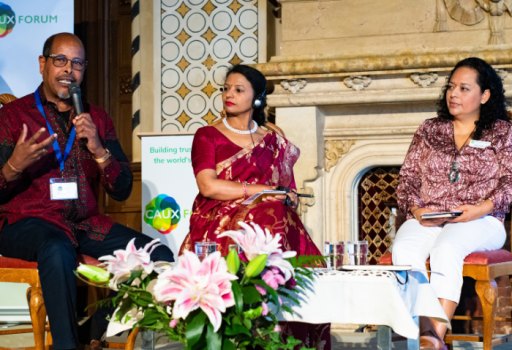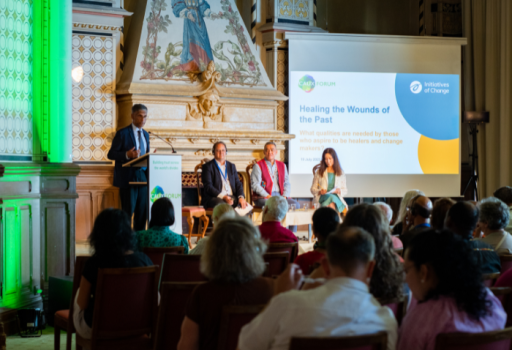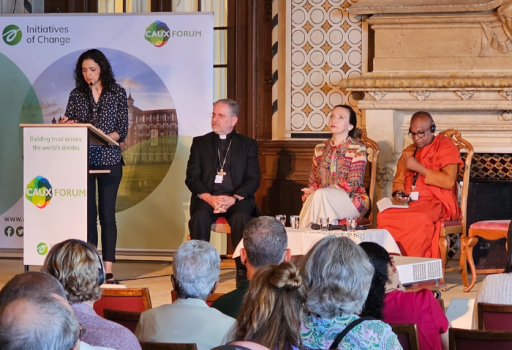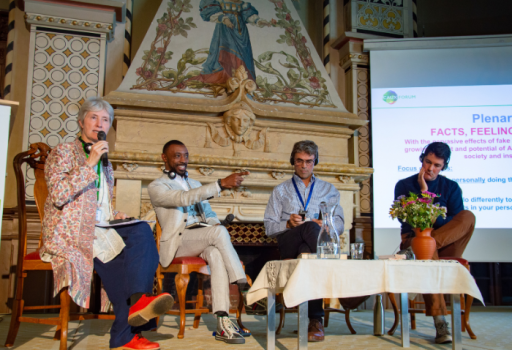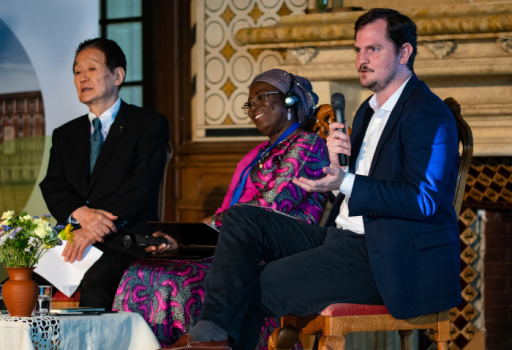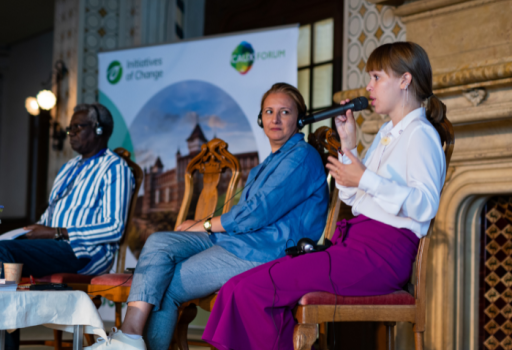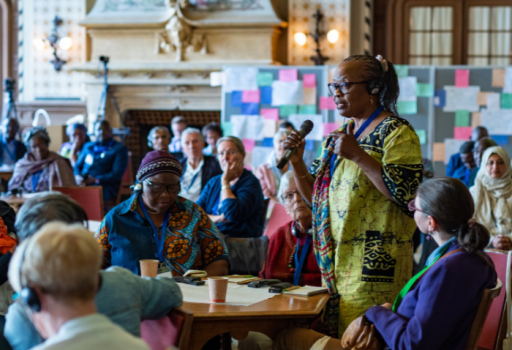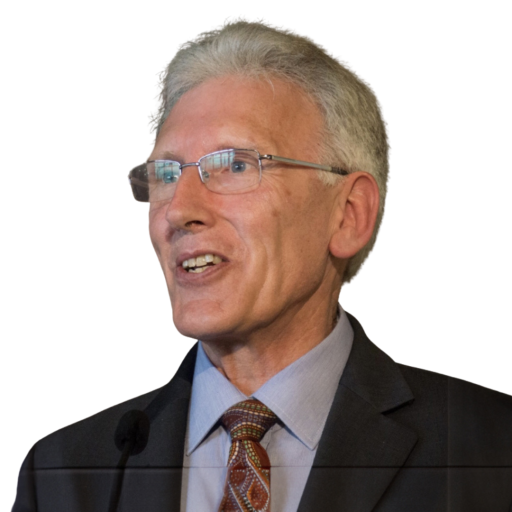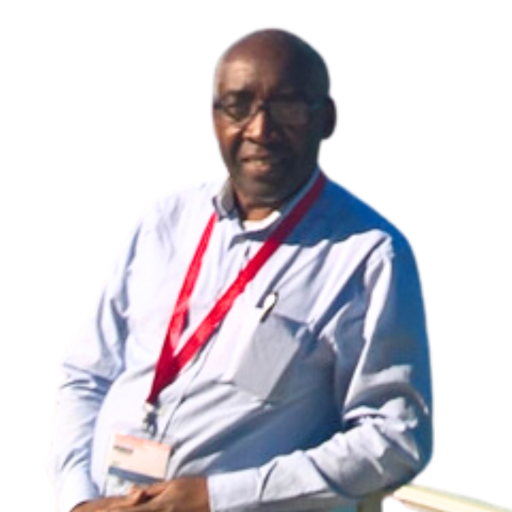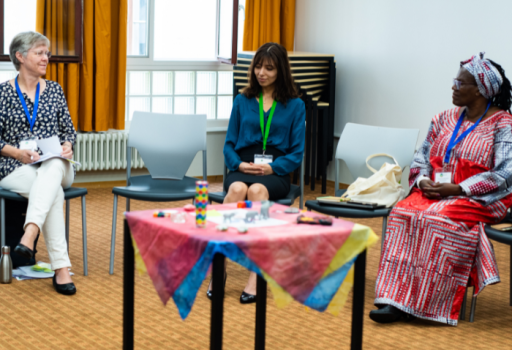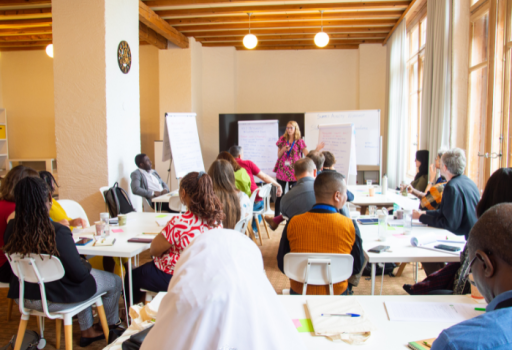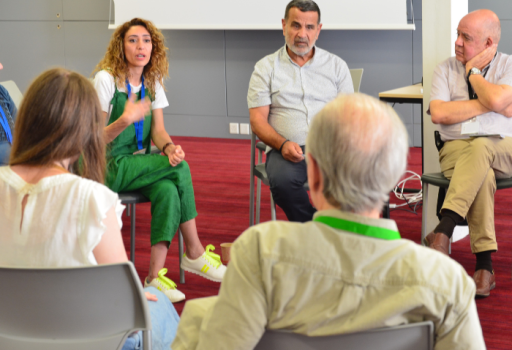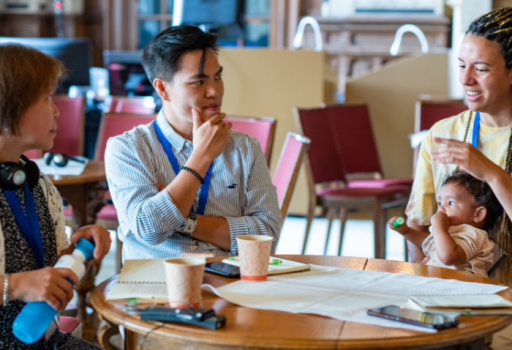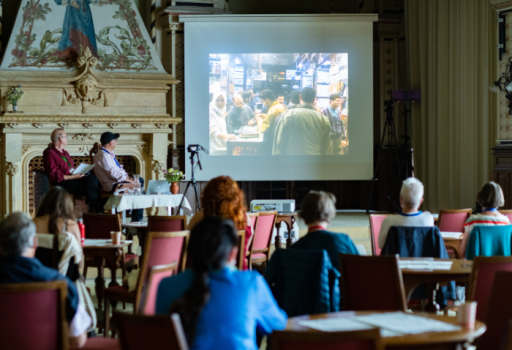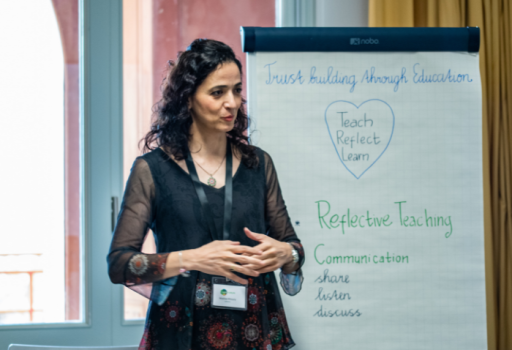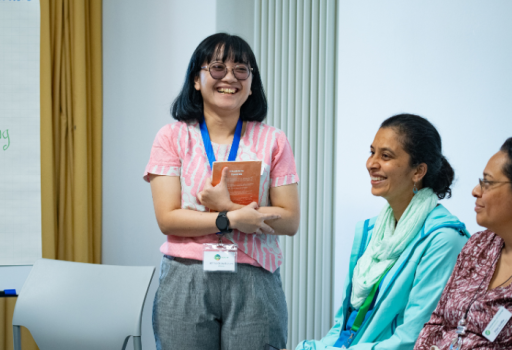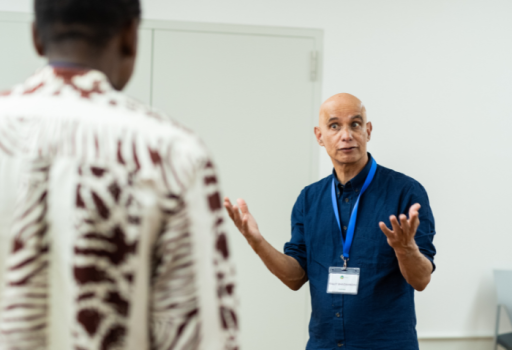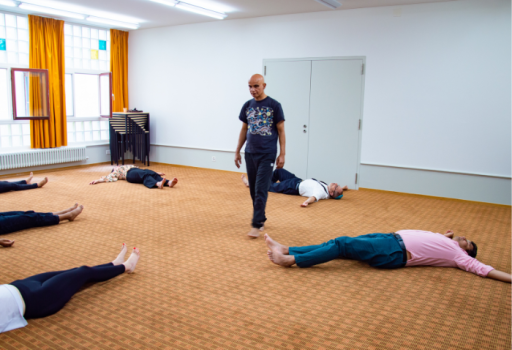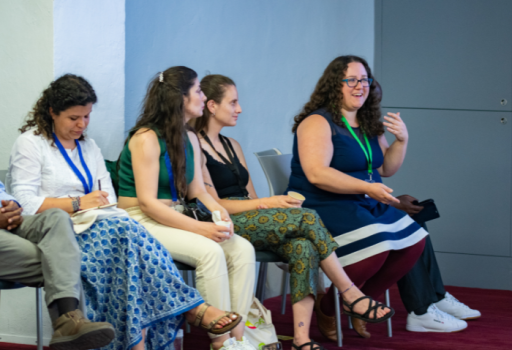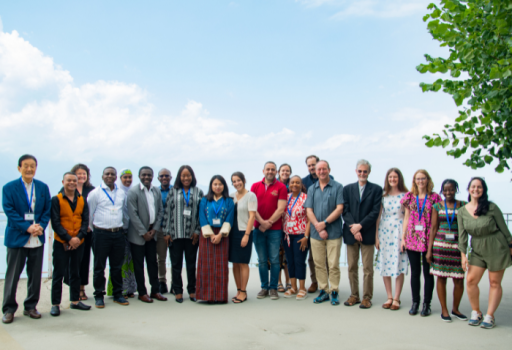EVENT HIGHLIGHTS
The Initiatives of Change 2023 Caux Forum was an unforgettable experience. It brought together 550 people from 72 countries, representing diverse cultures and sectors, with the aim of inspiring, equipping and connecting participants to build a just, peaceful and sustainable world.
This year’s Caux Forum was especially meaningful as it was the first convened in person since the onset of the COVID-19 pandemic. New relationships were forged and old ones rekindled within the grounds of the historic Caux Palace. These connections are the very heart of the legacy of Caux. As Taiwan participant Hsu Shoufeng put it, ‘To share concerns with delegates from 72 countries is a reminder of human solidarity.’
The 2023 forum offered a wide range of dialogues and workshops focusing on two pressing themes: Healing the Wounds of the Past and Trust and Integrity in Democracy. Against the backdrop of these themes, Initiatives of Change welcomed expert speakers to the Caux stage, their collective experience and wisdom serving as a foundation for dialogue, ideation and inspiration.
In this review, you will find summaries of the key events, takeaways and reflections on what makes the Caux Forum a truly one-of-a-kind experience.
Opening Ceremony
The Caux Forum opening ceremony set the tone for the conference with the theme, ‘Strengthening Democracy: The Journey from Trauma to Trust.’
IofC International President Gerald Pillay kicked off the ceremony with reference to the state of the world, growing threats to democracy and the devastating conflict in Ukraine: ‘War never brings real victories, it only hurts and brings violence and hatred to the next generations. As a team, how can we collaborate to march for world peace? Can we be the symbol for a new peacemaker or changemaker to the global community?’
Jacqueline Coté, President of Caux Initiatives of Change, highlighted how climate change, population displacement, scarcity of public goods and pandemics, coupled with conflicts in many parts of the world, have shown that we are all interconnected. She stressed the significant impact Initiatives of Change can make: ‘We bring you down to the individual level, a level within each person’s reach. Change starts with oneself. If this is internalized, change will happen in the family, the community, the country, the region and end up influencing the global agenda.’
The opening ceremony also featured Rea Gehring, Minister and Deputy Head of the Peace and Human Rights Division of the Federal Department of Foreign Affairs (FDFA). ‘Caux is a unique place,’ said Rhea. ‘Initiatives of Change has established a diverse and creative platform to explore how we can optimize collective action through our individual efforts. This year's theme couldn't be timelier.’ At a time when ‘division and a lack of trust between people have grown deeper’, Gehring stressed the importance of constant dialogue to make democracy work. As in previous years, the FDFA brought delegations from several African countries to the Caux Forum.
The ceremony’s keynote speaker was Elena Zhemkova, the Co-founder and Executive Director of Memorial, the Russian human rights organization shut down by the Russian Government in 2021. Memorial was awarded the Nobel Peace Prize in 2022, along with Ales Bialiatski of Belarus and the Centre for Civil Liberties in Ukraine. Ms Zhemkova described honesty as ‘a tool for healing historical wounds’. She described, her experience in implementing that tool, and the challenge it represents. She encouraged the audience to find new ways to reclaim the truth about the past and create ‘a future that upholds the principle of non-violence, respect for human rights and the importance of every human life in human history.’
Ignacio Packer, Executive Director of Caux Initiatives of Change, then moderated a panel discussion with Elena Zhemkova, Mô Bleeker, Independent Senior Advisor and former Special Envoy for Peace and Prevention of Atrocities for the Swiss FDFA, and Corinne Momal-Vanian, Executive Director of the Kofi Annan Foundation.
Mô Bleeker stressed the importance of dealing with the legacy of conflicts and atrocities through acknowledging what has happened and taking responsibility to address the consequences. ‘If we seriously wish to engage in healing the wounds of the past, the how is as important as the what,’ she explained. ‘In today's world the constructive management of diversity is not only a challenge but also one of our greatest opportunities.’
Corinne Momal-Vanian emphasized the role of young people and urged the audience to remember that the young people set aside when peace agreements are negotiated will probably be the ones implementing them. ‘Young people, better than politicians, have a capacity to envision the future. They are able to project themselves and they must. They have a key ability to play an important role in reconciliation efforts.’ She underlined the importance of making young people aware of ethical frameworks, enabling leaders to make just decisions, to take responsibility for mistakes and to put people back into the centre.
Plenaries
Throughout the forum, plenaries brought together unlikely partners, challenged misconceptions and shared powerful stories, based on the themes of Healing the Wounds of the Past and Trust and Integrity in Democracy.
Highlights included a special evening of dialogue with Ukrainians who shared their perspectives on the tragedies of war. Though the tragedies in Ukraine permeated discussions throughout the Forum, this evening of dialogue was a live-streamed, sobering conversation around the personal experiences of the panelists. They made a compelling call to action: ‘By helping us you are also defending yourselves and democracy. Let the Ukrainian sacrifice not be in vain.’
Healing the Wounds of the Past
Caux forums have reached out across the world, contributing to healing in many painful situations on the personal, community and national levels. This year, the theme of healing created a platform for participants to develop heightened skills in dialogue facilitation, conflict transformation, trauma awareness and story-sharing.
In one plenary, panelists discussed the qualities needed by those who aspire to be healers and changemakers. The plenary’s facilitator, Dr Scherto Gill, said that ‘humanity’s responsibility is to be good ancestors, and to be good ancestors we must engage in collective healing, in peace creation and in change making.’
A plenary session on the role of religion in healing wounds was led by a Maronite bishop from Lebanon, a Buddhist monk from Sri Lanka and a Muslim doctor from Egypt and the USA, all of whom are building bridges of trust across religious divisions.
Another highlight was the Global Indigenous Dialogue, which brought together indigenous leaders from several continents to explore the role of indigenous peoples in healing past wounds and in developing policies and practices for an environmentally sustainable world. It culminated in a declaration, signed by many Forum participants, calling on Australians to enshrine a Voice to Parliament in the Australian constitution. This was taken to Australia by members of the Global Indigenous Dialogue.
Healing the Wounds of the Past concluded with an interactive circle dialogue led by Allan-Charles Chipman, Executive Director at IofC USA. ‘Corners marginalize people,’ he said. ‘Perhaps that is why we have so many issues in the public square. In a circle, all is seen and all are seen. In the circle we see that we belong.’
Watch the recordings of all Caux Forum HWP plenaries here.
Trust and Integrity in Democracy
In the second week of the forum, speakers and participants came together to answer the questions of how to work for a resurgence of trust in our political systems, and how citizens can strengthen democracy in their countries.
The conference kicked off with a screening of Oscar-nominated documentary, ‘Stranger at the Gate’, the true story of a US Marine plotting to bomb a local mosque until an unexpected turn led to change and reconciliation. It was followed by a discussion with the film’s director, Joshua Seftel. The film is available here.
During the first plenary session, Ms Ousseini Hadizatou Yacouba, Minister of Mines in Niger, reflected on trust in democracy and stressed the need for governments to respect the commitments they have towards their citizens. ‘If we (politicians) can't respect these commitments, people won't trust us. It is important to speak about values again but also to make sure that we are being held to our commitments. Some people, when they are elected, forget the commitments that they made previously.’
She emphasized the importance of women being empowered to participate in public life, and the importance of full transparency in governmental activities.
Speakers representing nonprofits, policy think tanks and academia led lively discussion in a plenary on Facts, Feelings, Fictions which explored the role of Artificial Intelligence in society and its influence on democracy.
Michael Møller, former Director-General of the United Nations at Geneva, was a panellist in a plenary on ‘Remaking institutions of integrity’. ‘We have a system that doesn’t work anymore,’ he said. ‘But we have been there before and have prevailed. We have the money, we have the human capital. What we need more of is the will; political will but also the will of the people to address crises.’
During the concluding session, Gali Ngothé Gatta, Minister of State and Secretary General of the Presidency of Chad, spoke on their inclusive national dialogue — with consultations that included more than 100,000 participants — as an important step in restoring democracy in his country. Mr Gatta spoke of his gratitude for IofC activists from France who helped him recover, psychologically and spiritually, enabling him to continue leading the national dialogue.
‘My country hopes to get out of the turmoil of the years of war, in order to enter an era of choice and tolerance without using weapons... We need to enable everyone to take part in the process, to take part in public life, as a way of organizing our culture and society. What matters is that the people make the decisions themselves.’
Watch the recordings of all Trust and Integrity in Democracy plenaries here.
The Forum hosted more than 60 small group workshops over the course of two weeks, ranging in topic from teaching participants UNESCO’s intergenerational dialogue methodology, to art as a medium for healing and transformation.
The workshops were led by people active in healing and reconciliation from countries including Somalia, UK, Ireland, South Sudan, Israel, Palestine, Lebanon and Burundi. Other workshops dealt with building trust through education, the role of forgiveness, refugees as rebuilders, healing the wounds of the transatlantic slave trade and the connection between the Sustainable Development Goals and the Inner Development Goals.
The IofC International’s award-winning Trustbuilding Program brought together its national teams at the Caux Forum for the first time since the program’s inception in 2019. Over four days, team members from nine trustbuilding teams came together to learn and develop their trustbuilding skills. Led by Talia Smith, Rob Corcoran (online) and Matthew Freeman, the ‘Training of Trainers’ enabled them to learn new content, carry out practical exercises and take time together as a Community of Trustbuilders in Practice.
The Trustbuilding Program also hosted the inaugural Trustbuilding Awards ceremony during the Caux Forum, recognizing the work of three outstanding individuals who are building trust in their communities. Check out the recording here!
During the days of the Caux Forum, other gatherings were taking place at Caux, and participants interacted over meals and in joint programmes.
Caux Scholars Program
With participants from 15 different countries, the 2023 edition of the Caux Scholars Program is an example of the power of diversity and international collaboration. Over the course of 21 days, faculty member Dr. David Anderson Hooker guided the Scholars in the challenges of our ever-changing world, exploring global dynamics and delving into narratives, identity, power, history, culture and leadership.
The 2023 Summer Academy on Land, Security, and Climate
The Academy brought together climate scientists and others to address the misunderstandings that impede cooperation on environmental issues, and to highlight the role of trust, good governance, and empowerment in enabling sustainable development.
‘The problem of climate change is everywhere, but understood and experienced differently, depending on the place and the person who is experiencing it. As I go back to work with rural communities in the Democratic Republic of Congo, I take back new understanding, new perspectives, hope, encouragement, and a sense of being part of a network that I can draw on to work for solutions.’
- Pierre Lokeka, Democratic Republic of Congo
Caux College of Renewal
Systemic change is needed within organizations, governments and cross-culturally. But the challenge of bringing this change can feel overwhelming and the pace too slow. With a fresh approach and flexible curriculum, the brand-new Caux College of Renewal, under the directorship of Heather Cetrangolo, explored how change in existing systems is possible and where it can lead us.
‘We learned a more holistic perspective, not a technical way of understanding. I came here to help and to serve, to get grounded. I ended being helped by others.’
- Gazmend Gjyshinca, Member of Parliament. Kosovo.
Caux Round Table for Moral Capitalism
On 26-27 July, the Caux Round Table for Moral Capitalism met in Caux and discussed principles for a new global ethic. There was a sense of urgency as participants recognized that a wholehearted engagement of business, government, and civil society leaders is needed to restore trust in institutions. Drawing inspiration from diverse religious, philosophical and cultural backgrounds, the group concentrated its attention on the governance and leadership that is needed. They also decided on their next initiatives.
IofC Network Day
The Network Day served as a uniting space to promote self-care and community building within the IofC international network. The event included, among other activities, a ‘Quiet Reflection and Sharing’ session hosted by Mike Brown from IofC Australia, a multi-faith prayer facilitated by Yofrina Gultom from IofC Indonesia and a ‘Virtual Café’. The day’s programming provided a platform to celebrate together as a global fellowship, regardless of distance or time zone.
‘The political realm tends to divide, whereas I think it's true to say that culture, music, drama, poetry, dance, literature, art tend to bring us together across the divides.’
- Peter Riddell
Art, music and cultural celebrations have long been integral components of the Caux Forum experience. This year art installations, included an exhibit showcasing indigenous art and another titled‘HOME?,’.
HOME? was developed by artists Kateryna Tretiakova and Polina Kuznetsova from Ukraine and Sveinung Nygaard from Norway. It reflected the anger and despair over the destruction of the Nova Kahovka Dam in Ukraine. The exhibit was a multi sensorial meditative engagement with sounds, video and music over the question of what a home is, especially when there is a storm around one’s life.
The Forum continued its custom of film screenings, traditional folk dancing and two evenings of a Celebration of Cultures, wherein participants took the stage to share songs, dances and poetry from their home countries and diasporas.
‘Caux is about resetting our dreams and keeping going’
- Mohan Bhagwandas
For decades, the Caux Forum has facilitated dialogues and collective learning in the setting of the Caux Palace. Nestled in the mountains surrounding Lake Geneva, the historic hotel offers a place of respite, calm and reflection that has played as important a role in shaping the Caux Forum experience as the Forum’s programme.
The mornings offered participants the opportunity to take time in silent reflection, recognizing that it will take more than human reason to solve the problems facing humanity. Fresh insight often comes when people listen to what is deepest in their hearts, and Initiatives of Change places the search for inner wisdom at the heart of its approach. The regular practice of silence can give access to a source of truth, renewal, inspiration and empowerment, which some see as guidance from God, others as the leading of conscience.
The afternoon tea breaks on the veranda, the evening cultural presentations and films, the sunset strolls along the terrace, and the encounters on the train make for a unique atmosphere.
‘We enjoyed a great and inspired time and it was an excellent launch of NIGH's next emerging work. We will certainly be interested in collaborating in the future.’
- Deva-Marie Beck, International Co-Director, Nightingale Initiative for Global Health (NIGH)
‘I got a lot from Caux. It was a wonderful experience and I am so grateful to have gone.’
- Marina Cantacuzino, Founder, The Forgiveness Project, UK
‘The workshop we gave was great, with many participants who were sincerely interested in our dialogue. I also enjoyed participating in other workshops, which helped me in my healing process, both for my ancestral traumas and my own health issues.’
- Zisan Mermi, Armenian-Kurdish-Turkish dialogue
‘I have just returned to Beirut bringing with me a great experience rich in initiatives for change and the healing of past wounds. What I experienced in Caux encourages me to work more with other people for reconciliation and the purification of memory in Lebanon, taking advantage of the successful initiatives in Caux.’
- a Lebanese church leader
‘I hope that we can have other opportunities to work together again.’
- Professor Ali Moussa Iye, founder of Afrospectives
‘It has been a wonderful, refreshing and renewing time for me at Caux.’
-Njeri Ndiangui-Kimanthi, mediator and community activist, Kenya
‘I entered an era of healing my wounds.’
- Mariam Suliman, Sudan
‘During one of inner listening session, I saw my own pride and arrogance stood between myself and my teammate. I am ready to face it and have the humility to continue working together.’
- Fung Ming Chan, UK
‘The quiet time moments we shared each morning were very exciting...’
- Zacharia Muturi Karimi, Kenya
‘Listening to people, their experiences, ground realities, challenges and hopes were really powerful, inspiring and thought-provoking.’
- Nabin Pokhrel, Nepal
A PDF version of the event highlights is available for download here.
EVENT SPEAKERS
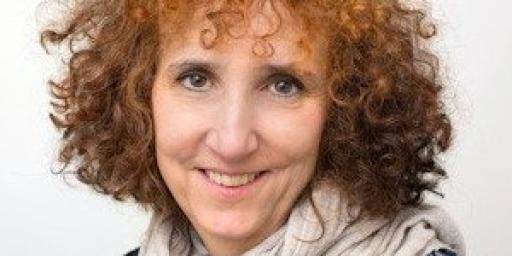
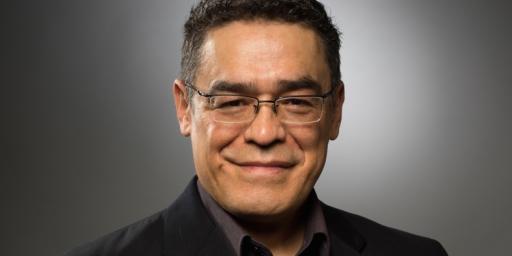
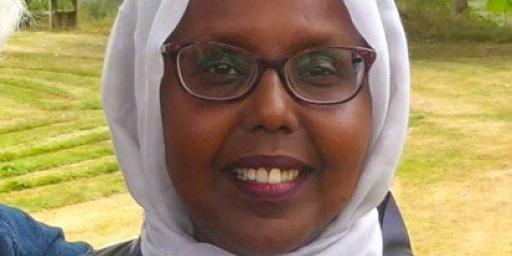
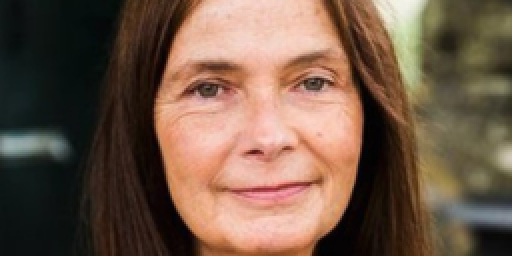
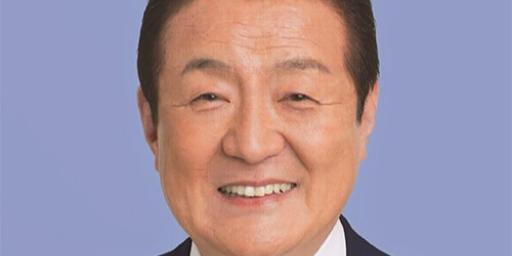
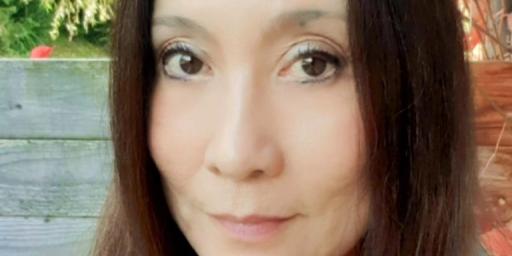
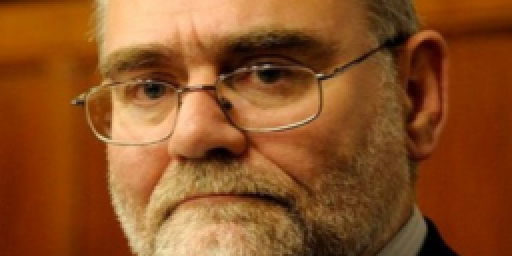

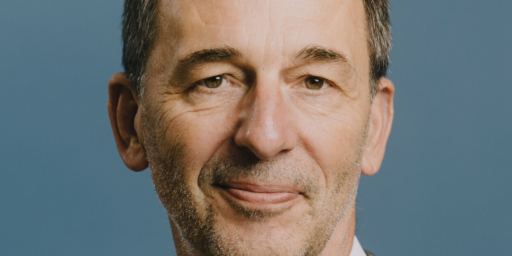
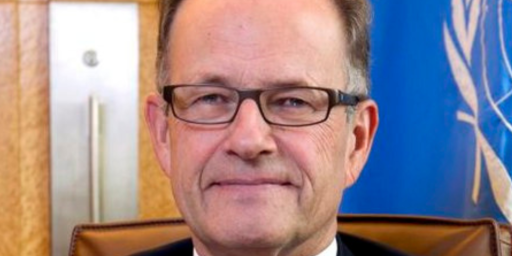
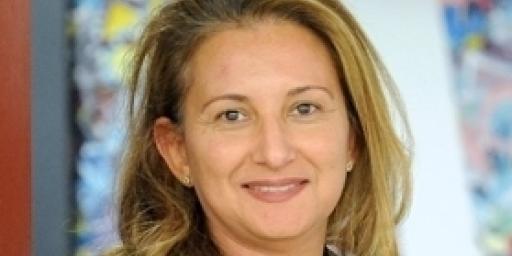
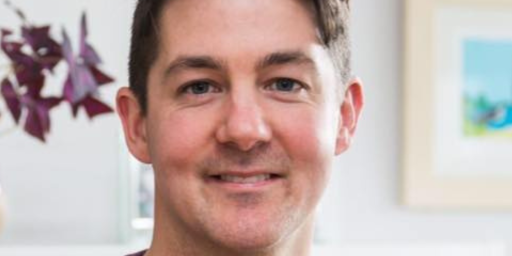


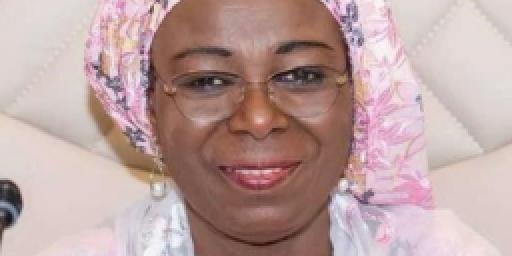
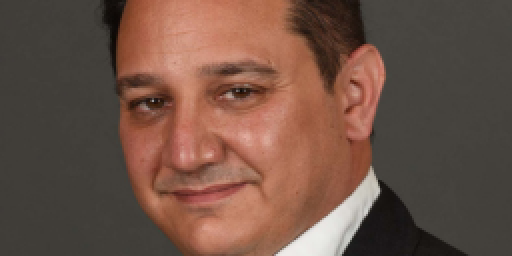
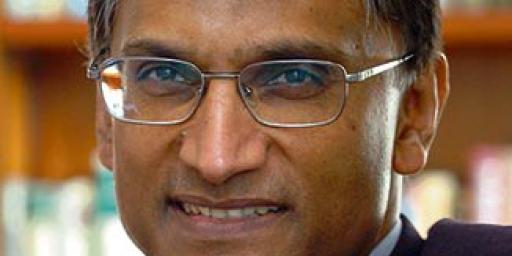

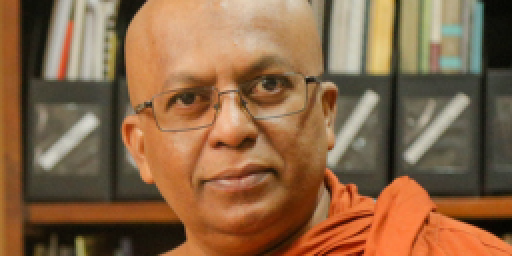
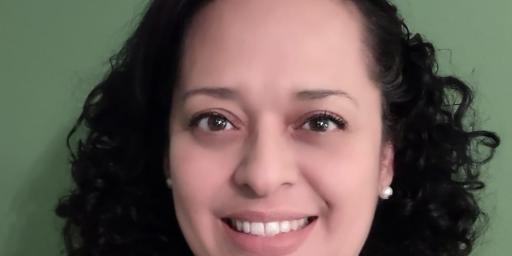
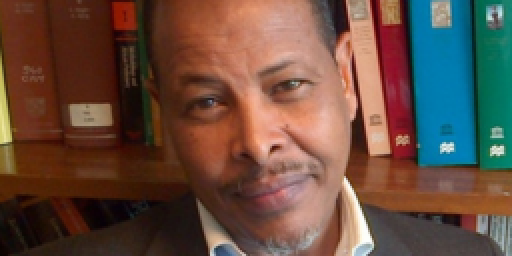
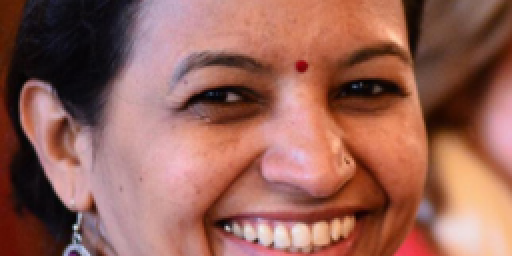

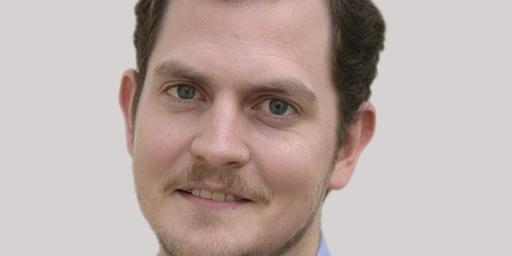
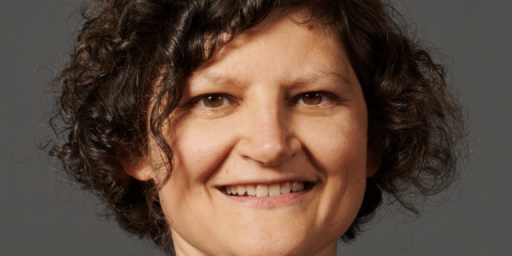

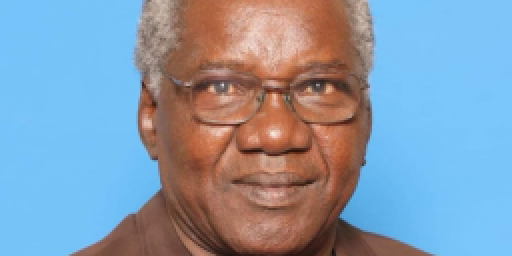
FUNDRAISING SUPPORT
We are raising $100,000 to subsidize the volunteers who payed vital roles in the Forum, and participants, especially from conflict regions, whose participation enabled Caux to make its unique contribution to global wellbeing.
This is no small task, and we welcome all who can help towards this target.
Donations, however small, add up.
Please use any of the quick links below to make a donation today!
